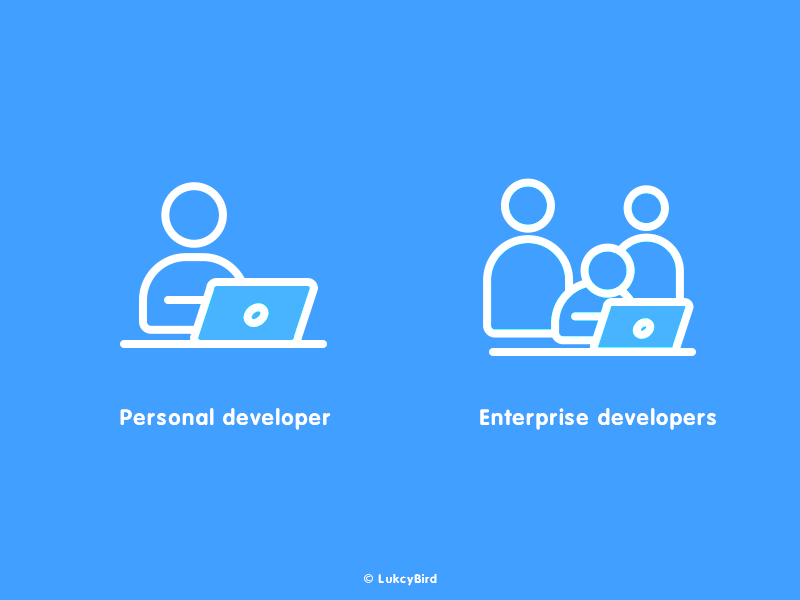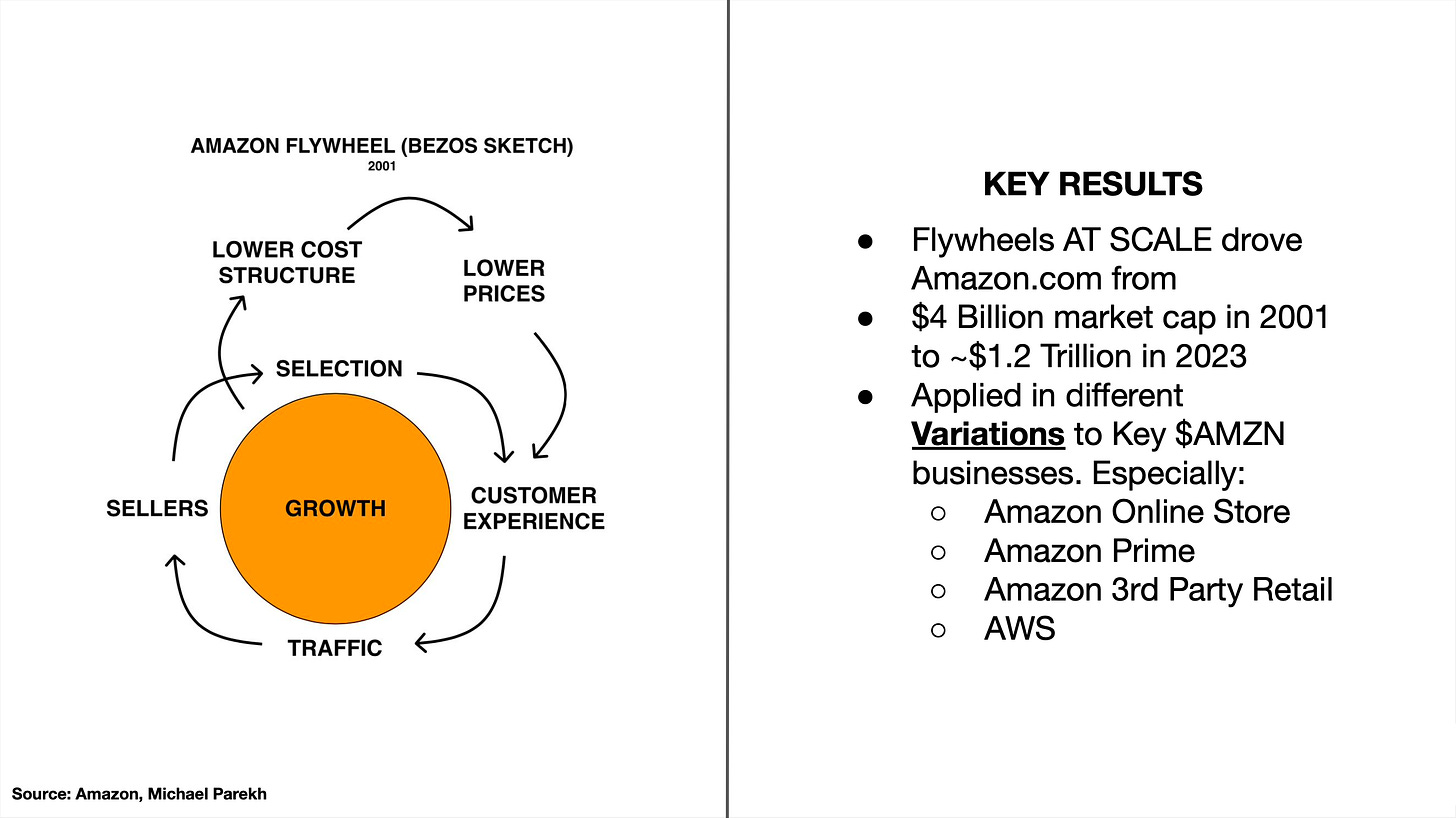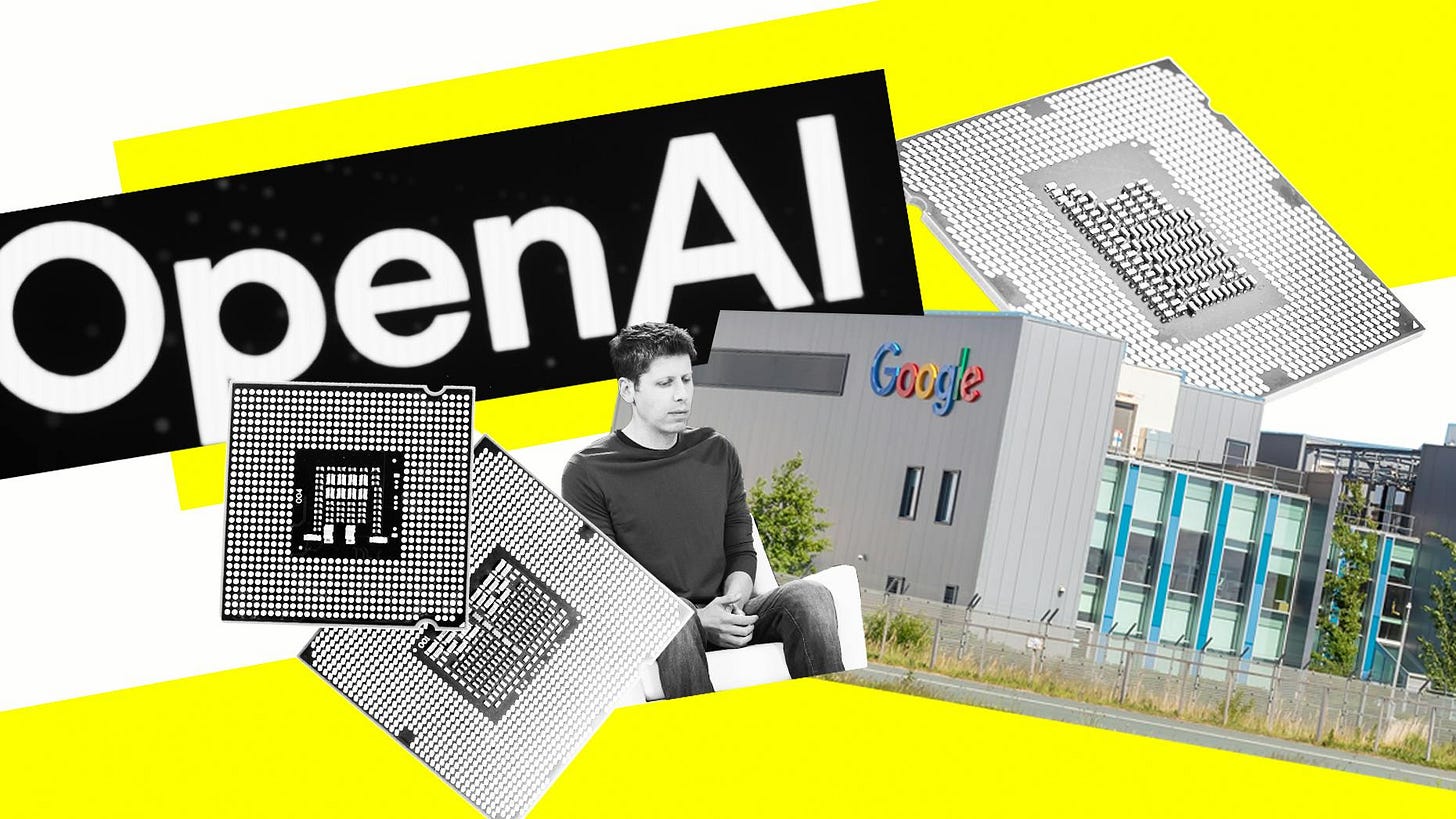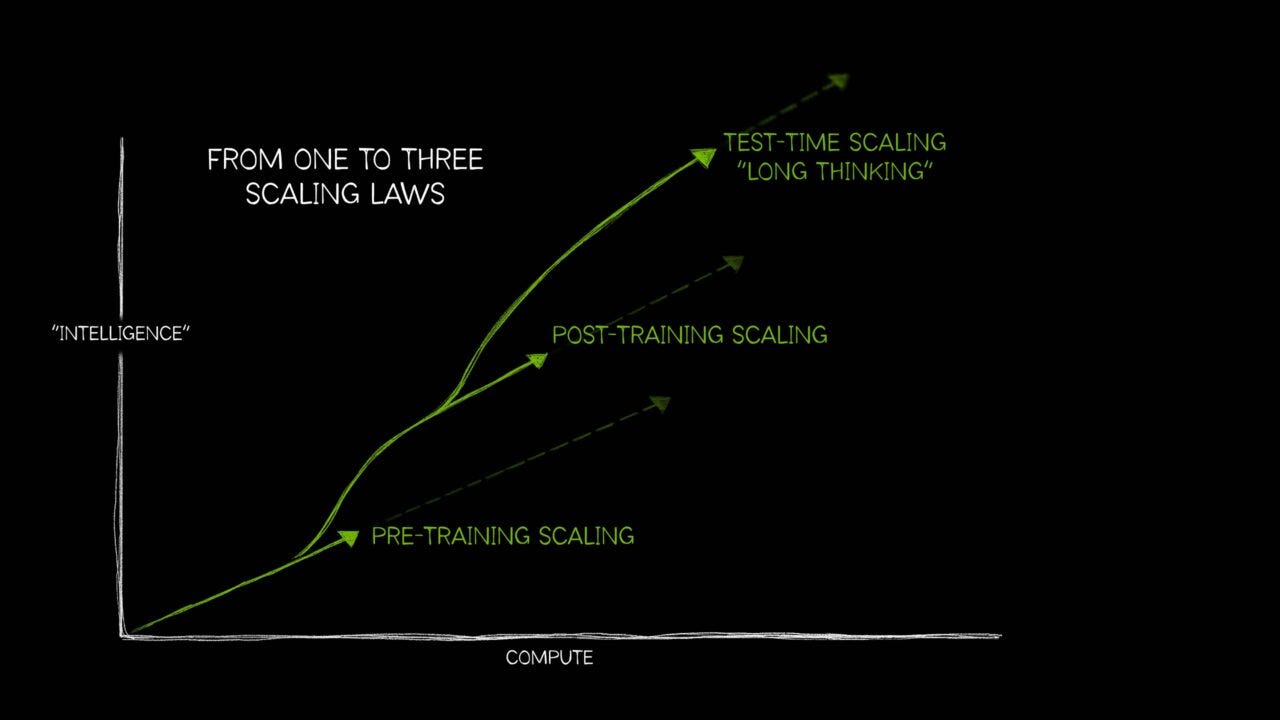
AI: Google Cloud lapping Amazon AWS with AI startups. RTZ #782
A few months ago I wrote about how Google was raming up its LLM AI services sold via its #3 ranked Cloud Services business, Google Cloud in this AI Tech Wave. And the difficulties it was having providing easier to use APIs (application programming interfaces) which end customers like businesses and developers use to access the underlying LLM AI models and other software needed to deploy their own AI products and services.
I discussed how Google Cloud was going up against not just #2 and #1 Cloud providers Microsoft Azure and Amazon AWS, but also OpenAI, who also sells enterprise access to its AI models and applications via Microsoft Azure (mostly). Despite OpenAI recently using Google Cloud in addition to Microsoft Azure for its AI Data Centers. For everything from AI chatbots, to reasoning to agents and beyond.
And how both Amazon and Google were partnered with (and invested in) #2 LLM AI company Anthropic in these efforts.
And how Amazon AWS itself was having some API scaling issues as well.
Now Google Cloud seems to have ramped up its capabilities on this front, and seems to be giving #1 Amazon AWS a bit of a run for its money.
This
The Information lays it out well in “Google Finds a Crack in Amazon’s Cloud Dominance”:
“Earlier this year, when The Browser Company was looking for a cloud provider to power the artificial intelligence features in a web browser it was developing, the startup’s leaders asked Amazon Web Services if it could handle the work.”
I’ve written and podcasted about this AI startup and its AI browser Dia, and how it is going up against bigger companies like Perplexity with its Comet browser, soon OpenAI with an AI browser, and of course Google itself with its AI Gemini distributed via its globally market leading Chrome browser, Android and ChromeOS.
“Winning this business was important to AWS. The Browser Company projected it would eventually spend tens of millions of dollars a year on cloud services to run the AI features for the browser, Dia, which could make it one of the top customers of Bedrock, an AWS service for developing AI applications, said a person who was involved in the discussion. And AWS was already powering the other parts of Dia.”
“But as the two sides neared an agreement, The Browser Company found that Dia’s AI features—such as analyzing text and images on webpages in less than a second—ran faster and more cheaply on Google Cloud, where they were powered by Gemini, an AI model Google developed in-house.”
“We were shocked,” said Hursh Agrawal, a co-founder and chief technology officer of the startup.”
“Though AWS offered millions of dollars in financial incentives, The Browser Company gave Google the new business.”
In every major tech wave, it’s critical for core infrastructure providers in the middle of the tech stack to get the key startups in that wave to embrace their technologies.
This is where the leading edge Developers are of course, and their word of mouth support and validation is critical to get the flywheel for their infrastructure services really get going.
It’s what Amazon AWS itself did in the Cloud tech wave over a decade ago. For AWS and other key Amazon businesses.
And AWS is working hard to do the same in this AI Tech Wave as well.
“AWS generates more than twice as much revenue as Google Cloud and has long dominated the market for selling cloud services to startups. But the Dia episode and other examples show how Google has become competitive in attracting AI startups to its cloud, thanks to Gemini and other capabilities AWS doesn’t have.”
“AWS’ struggle to develop a strong AI model of its own has fueled a perception that it is trailing Google in developing cutting-edge AI.”
“That’s a big turnaround after Google’s earlier struggles with previous versions of Gemini and startups’ widespread complaints about the difficulty of setting up Google Cloud accounts for AI computing.”
It of course also matters for their infrastructure providers to win over the buzzier AI startups as well:
“Google Cloud has even landed business from two high-profile AI startups its own AI teams compete with: Safe Superintelligence Inc., led by former OpenAI Chief Scientist Ilya Sutskever; and Thinking Machines Lab, helmed by former OpenAI Chief Technology Officer Mira Murati. (AWS may have wanted Murati’s business, too: Amazon CEO Andy Jassy met with her in San Francisco earlier this year.)”
“Google Cloud also recently won business from an even fiercer rival, OpenAI, which has been a major customer of Microsoft cloud servers but has been branching out to other providers.”
I wrote more about that win just a few days ago.
“To be sure, bigger customers like OpenAI have different needs than younger startups, including access to large amounts of server capacity and Nvidia AI chips.”
“AWS has its own large customer in Anthropic, which spends billions of dollars a year renting AWS servers. (Anthropic spends a smaller amount of money renting servers from Google.)”
“Google has pulled out all the stops to attract AI startups that might become big cloud customers. For instance, Hebbia, which helps businesses analyze documents, and Gamma, which helps them quickly create presentations and websites, got face time with researchers from DeepMind, the Google unit that develops Gemini and Imagen, an image-generating model, according to a person who has been involved with Google Cloud’s strategy.”
Part of the race of course is for AI Compute, especially given the ‘variable costs’ for startups to provide AI applications services via inference intelligence tokens.
The other issue of course is doing it reliably at Scale.
“Despite its heft, AWS faces other challenges in the AI market. Earlier this year, some AWS Bedrock customers complained that the service restricted their use of Anthropic’s Claude models, which suggested AWS didn’t have enough capacity, while others say rivals like Google have made it easier for customers to develop AI apps, including agents that handle tasks involving multiple steps.”
“To close that feature gap with Google Cloud, AWS has been developing a new cloud service that makes it easier for customers to use a wider array of models for developing AI apps than they previously could, including models hosted on rival clouds. That will make it easier for AWS customers to use models from OpenAI, which are hosted on Microsoft servers, said a person who has tested the new service.”
Just like Steve Ballmer of Microsoft decades ago pointed out the importance of Developers, it’s also about the Startups.
“We’ve helped more than 330,000 startups bring their ideas to life, and while some may experiment with more than one cloud provider during their early stages, most startups ultimately choose AWS because we offer the most complete and innovative suite of services including generative AI,” an AWS spokesperson said in a statement.”
“Startups are important to cloud providers because they can quickly become meaningful customers. Snowflake and Pinterest launched their companies on AWS, and each now spends at least $500 million a year on its cloud servers and other products, according to The Information’s Cloud Database.”
“Startups are also potential customers for the AI chips that cloud providers including AWS and Google have developed as alternatives to Nvidia chips.”
Looks like Google for now is making faster on-ramping for startups a priority. At every stage of their AI Scaling needs:
“The situation also shows how Google over the last year has made it a lot easier for startups to sign up for cloud services and use Gemini models with minimal hassle. As of last fall, some developers said they had been skipping Gemini and using OpenAI or Anthropic models instead because Google required them to sign up for a cloud account and jump through a lot of configurations.”
“Google seems to have left those issues behind.”
“Google Cloud has come a long way from where it was,” said Richard Bayly, vice president of product, AI and data at Pear Health Labs. The startup previously used AWS but now relies on Google Cloud for its AI-powered health and fitness coaching service.”
The whole piece is worth a full read for more case studies of AI startups and their experiences both with Amazon AWS and Google Cloud.
The competitive dynamics of course will ebb and flow, but it’s important to keep an eye on what startups are leaning towards in the early days of major tech waves. And this AI Tech Wave is no different. Stay tuned.
(NOTE: The discussions here are for information purposes only, and not meant as investment advice at any time. Thanks for joining us here)













